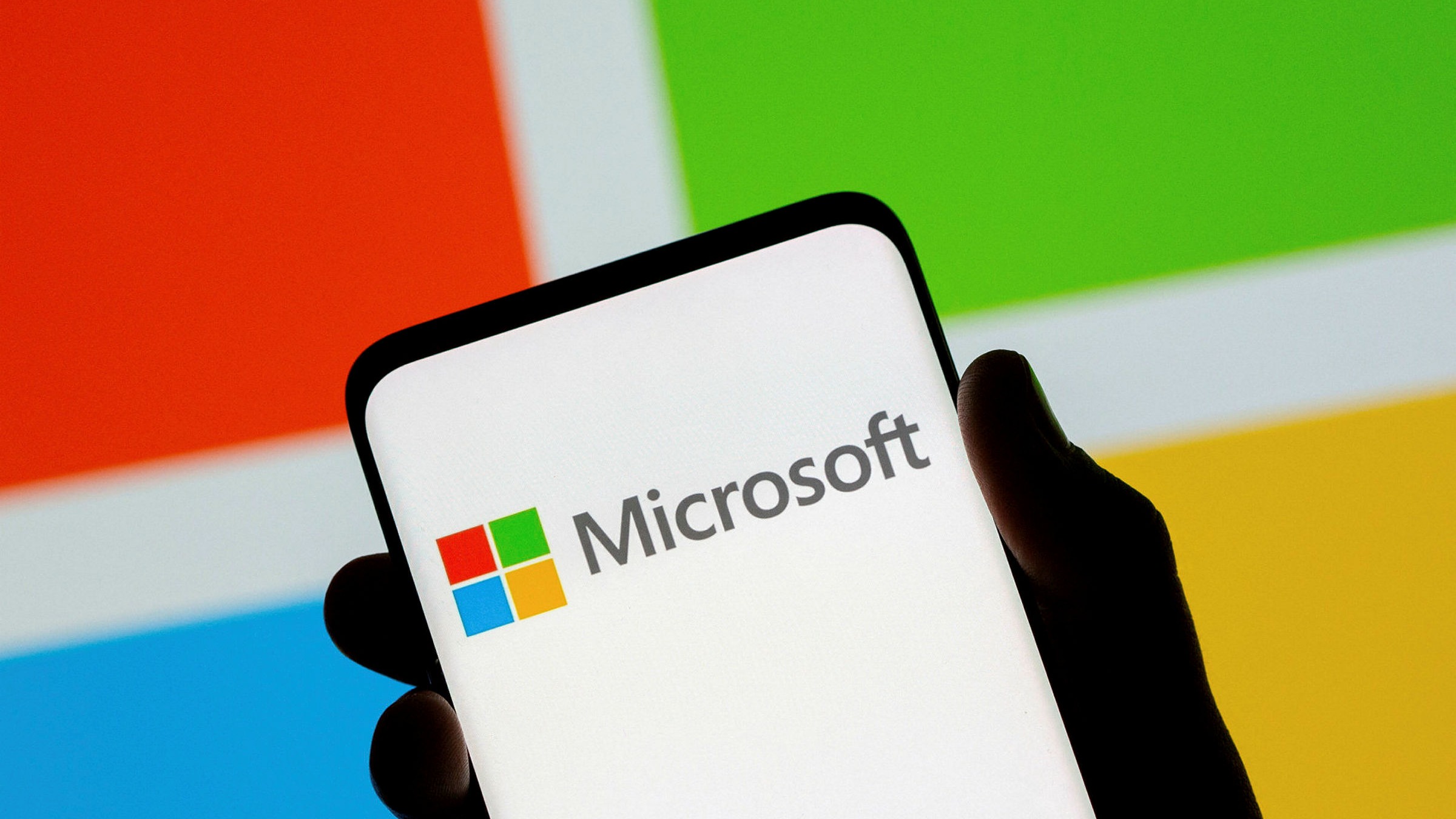Microsoft said in January this year that Teams, its online collaboration platform, was being used by over 100 million students — boosted in no small part by the COVID-19 pandemic and many schools going partly or wholly remote. Now, it’s made another acquisition to continue expanding its position in the education market. The company has acquired TakeLessons, a platform for students to connect with individual tutors in music lessons, language learning, academic subjects, professional training, or hobbies, and for tutors to book and organize the assignments they give, both online and in person.
San Diego-based TakeLessons had raised at least $20 million from various VCs and individuals, including Lightbank, Uncork Capital, Crosslink Capital, and others. The terms of the deal have not been disclosed, but we are trying to find out. TakeLessons posted a short note in the form of a Q&A confirming the agreement on its site. The message said that it would continue operating business as usual for the time being to take its platform to a broader global audience.

It’s not clear how many active students and tutors. TakeLessons had on its platform at the time of acquisition. Still, for some context, another big player in online one-to-one tutoring, students out of Europe, raised $244 million in funding earlier this year, valued at $1.7 billion. Others in online tutoring, like Brainly, also see valuations in the hundreds of millions. Given the relatively modest amount raised by TakeLessons, this was likely a much lower valuation. Yet, the acquisition still gives Microsoft the infrastructure and beginnings of setting up a much more aggressive play in mass-market online education, potentially going head-to-head with these and other big platforms.
TakeLessons today offers instruction in various areas, including music lessons (where it had started) through to languages, academic subjects, test prep, computer skills, crafts, and more. It has been around since 2006. It started as a platform for people to connect with tutors local to them for in-person lessons before progressing into online classes to complement that business. The pandemic has shifted to a much bigger wave of the latter, with online tutoring the majority of what is offered on the TakeLessons platform today. These lessons continue to be provided on a one-on-one basis, but additionally, students can participate in group lessons online via the startup’s Live platform.
The shift to online education that we’ve seen take hold worldwide is likely why Microsoft sees an ample opportunity here. On the heels of many schools worldwide scrambling for better online learning platforms to manage remote learning during lockdowns and quarantines, educators, families, and students have been using (and paying for) various tools. Within that, Microsoft has been pushing hard to make Teams a leader in that area. That was built on years of traction already in the market (and several other investments and acquisitions that Microsoft has made over the years).
But it also comes amid a new insurgence of competition arising from the current state of affairs. That includes the adoption of Google Classroom, as well as a wide variety of more targeted point solutions for specific purposes like video lessons (Zoom figures big here); apps for lesson planning and homework planning; online on-demand tutorials in particular areas like math or languages, or science to bolster in-class learning experiences; and more. The Microsoft way is to bring as many features into a platform as possible to make it more sticky and less likely that users will turn to other apps, providing more value for money around the Microsoft offer. In other words, I’d expect to see Microsoft do more deals and launch more features to cover all the services it doesn’t already provide through its educational tools.
For a cash-strapped state school like ours, it makes sense that it would opt out of paying for two apps when it can get the same features in just one of them. (Case in point: My children’s school uses Teams for online lessons, partly because it already uses Outlook for its email system. This is what Microsoft leverages with its platform play.) The school has announced that it will no longer use a different third-party app for homework planning; instead, teachers will assign and manage homework via Teams. The kids are not happy about this!
NextLessons is somewhat adjacent to that school-focused education strategy. Yes, there will be an enormous audience of students and their families who might represent an excellent cross-selling opportunity for tutoring. Still, NextLessons represents a more mass-market offering, open to anyone who might want to learn something, not just those already using Microsoft Education products.
So the interest here is likely not just students who want to supplement their online learning — there is a big audience for online tutoring — but any lifelong learner, as well as the many consumers or professionals out there who have gotten interested in learning something new, especially in the last 1.5 years of spending more time alone and at home. And with that, there are other potential opportunities for NextLessons in the Microsoft universe. Just yesterday, Microsoft CEO Satya Nadella and Ryan Roslansky, the CEO of Microsoft-owned LinkedIn, held an online presentation about what work will look like in the future. Education — precisely professional development — figured strongly in that discussion, coinciding with LinkedIn launching a new Learning Hub.
LinkedIn has not only been working for years on building out its education business, but it has also long been looking for a more sticky inroad into doing more with video on its platform. Something like NextLessons could, interestingly, kill those two birds with one stone. While LinkedIn’s education content has not been specifically tied to “live” online lessons, you could imagine a bridge between Microsoft’s latest acquisition and what LinkedIn might consider next.
















Leave a Reply